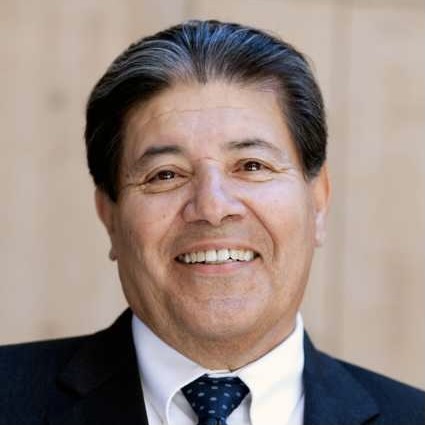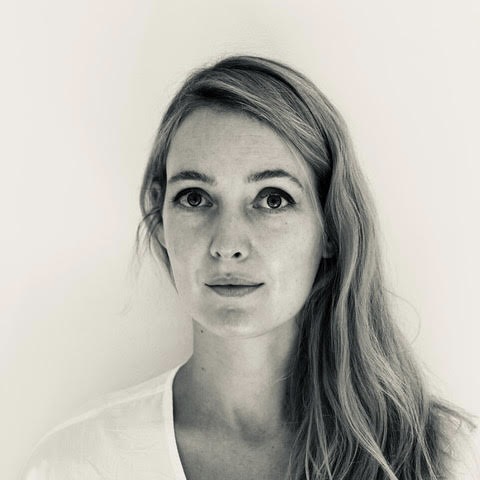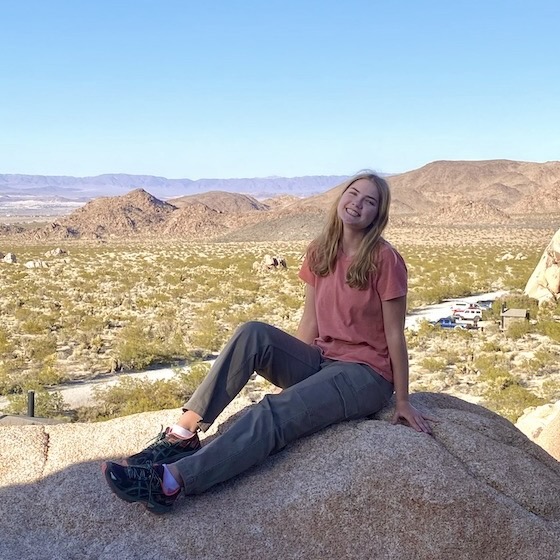Highlights
Spotlight profiles in our community
Each month, we interview a "sustainable spotlight", an alumni, faculty/staff, or student who is doing meaningful work in the sustainability space. Check this page to read about what different SDSU community members are doing to better our environment and the people in it!



